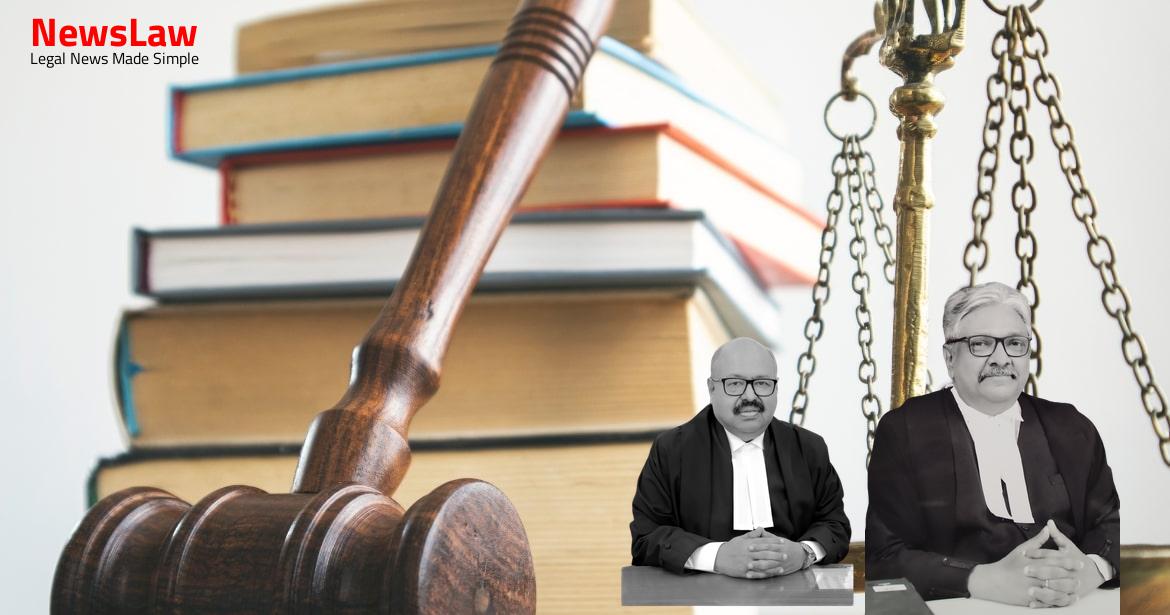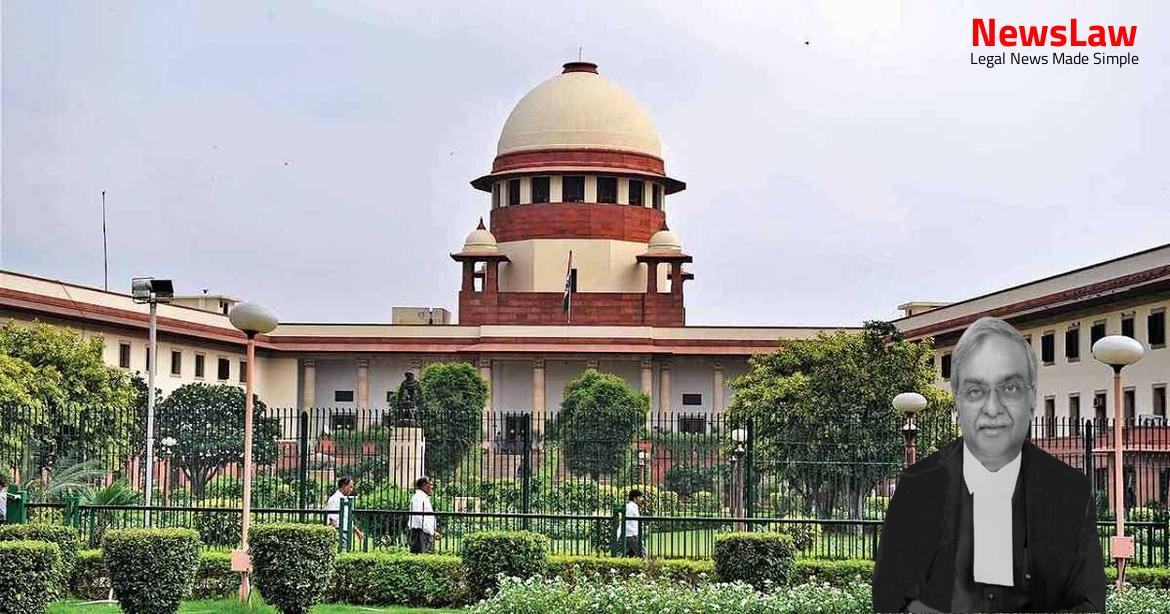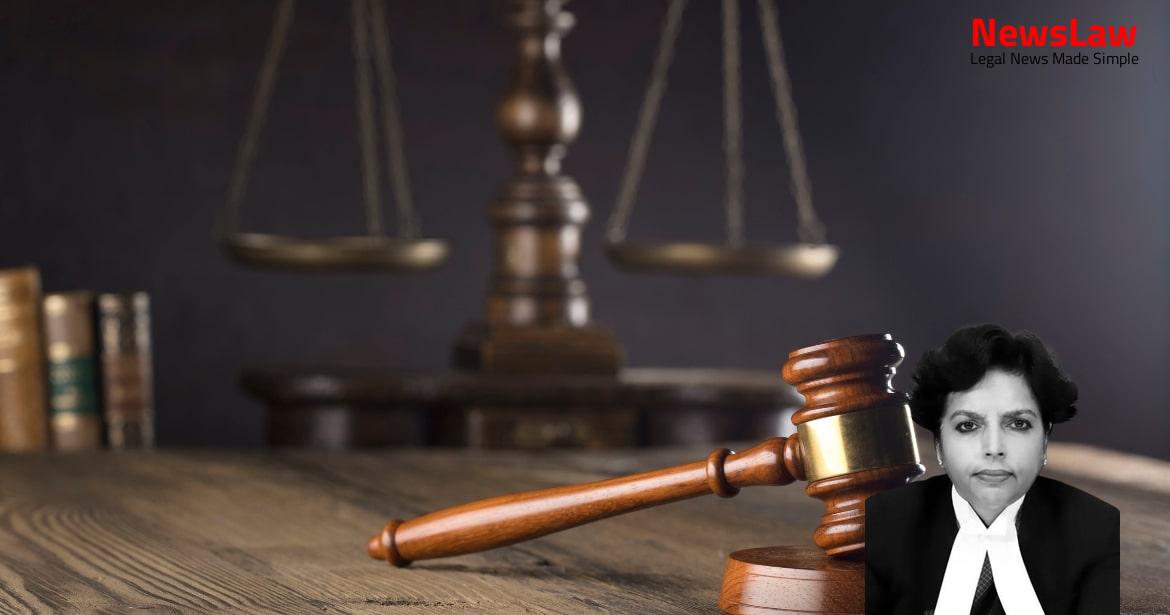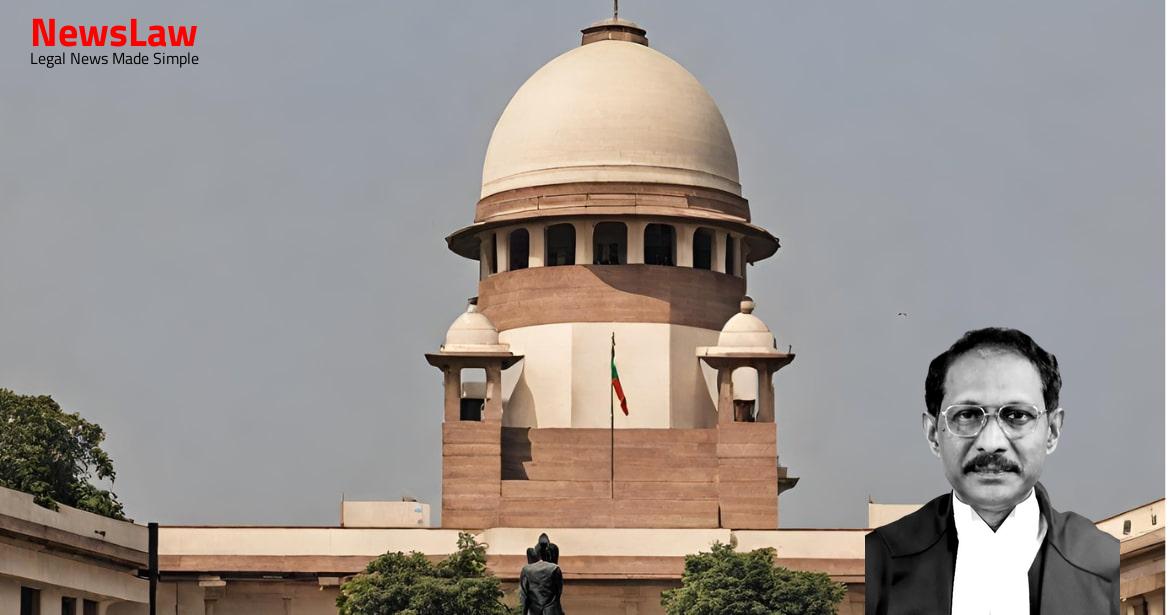Under the said Rule which is made under Article 145 of the Constitution of India, the right has been conferred exclusively on a category of Advocates described as Advocates on Record.
We have also considered the judgment delivered by the High Court of Delhi in Balraj Singh Malik v. Supreme Court of India, 2012 SCC Online Del 897
and we also approve the view expressed by the High Court.”
7.
Also Read: https://newslaw.in/supreme-court/c-a-no-008714-008714-2022/
The power of the Supreme Court under Article 145 of the Constitution is subject to the provisions of any law made by the Parliament, hence Supreme Court has no power to continue the AOR system in light of the Advocates Act. Supreme Court under Article 145 has only the power to regulate the persons who can practice before it but not anyone from practicing before the Apex Court.”
Last but not the least, we may refer to the judgment of this Court in a Bench of five learned Judges and which is referred in the first mentioned judgment namely AIR 1964 SC 855, In Re. Rules of Court, etc.—(1) Subject to the provisions of any law made by Parliament, the Supreme Court may from time to time, with the approval of the President, make rules for regulating generally the practice and procedure of the Court including— ( a ) rules as to the persons practising before the Court; ( b ) rules as to the procedure for hearing appeals, and other matters pertaining to appeals including the time within which appeals to the Court are to be entered; ( c ) rules as to the proceedings in the Court for the enforcement of any of the rights conferred by Part III; [( cc ) rules as to the proceedings in the Court under [Article 139-A];] 6 ( d ) rules as to the entertainment of appeals under sub-clause ( c ) of clause (1) of Article 134; ( e ) rules as to the conditions subject to which any judgment pronounced or order made by the Court may be reviewed and the procedure for such review including the time within which applications to the Court for such review are to be entered; ( f ) rules as to the costs of and incidental to any proceedings in the Court and as to the fees to be charged in respect of proceeding therein Saving —Nothing in this Act shall be deemed to affect the power of the Supreme Court to make rules under Article 145 of the Constitution— (a) for laying down the conditions subject to which a senior advocate shall be entitled to practise in that Court; (b) for determining the persons who shall be entitled to [act or plead] in that Court.” 7 Read together, namely, Article 145 of the Constitution along with Section 52(b) of The Advocates Act, 1961 the matter is put beyond the pale of any doubt, that the authority to make Rules with the Supreme Court, to provide for the persons who can act or plead in this Court, is beyond challenge.
In the working of any law, it is not unlikely that it may produce some difficulties but that hardly furnishes the firm foundation required in law to successfully lay a challenge to the provision which no doubt is species of subordinate legislation when particularly the power to make it has its origin in a constitutional 8 provision which in this case is Article 145 of the Constitution.
Also Read: https://newslaw.in/supreme-court/c-a-no-008515-008516-2022/
Pending application(s), if any, stand disposed of.
Case Title: NANDINI SHARMA Vs. REGISTRAR SUPREME COURT OF INDIA (2022 INSC 1209)
Case Number: W.P.(C) No.-001087 / 2022



